As Nigerian consumers reel under the heavyweight of high cost of petroleum products, the Nigerian National Petroleum Company Limited (NNPCL), has reiterated its determination to end the decades-long importation of the products into the country in 2024.
The country has been heavily dependent on importation and with the removal of subsidy on petrol in May last year, Nigerians have been beset with higher cost as it was now determined by prices of crude in the international market and other factors in the supply chain.
Join our WhatsApp ChannelSpeaking at a book presentation in Abuja on Thursday the Group Chief Executive Officer (GCEO) of NNPCL, Mele Kyari, said the company has moved from a state of merely exporting crude and importing refined petroleum to one that now would ensure adequate supply of the products across the country to meet domestic needs.
The Abuja event marked the unveiling of two books titled, “Dynamics of Petroleum Products Marketing,” and “Insight into Crude Oil Marketing,” both written by former Group Executive Director of the National Oil Company (NOC), Professor Billy Okoye.
Kyari said: “We have moved the company from one that is fundamentally focused on upstream development to refining and downstream marketing.
“The chief host has alluded to the inefficiencies of the past, of where we were literally sending crude outside and importing fuel.
“That trajectory will change this year. And Nigerians will not be buying petroleum products, but will be refining a lot of petroleum products to fund development. This is a commitment that the NNPC chief executive, board, and management of the NNPC have made to Nigerians and we are able to do it.”
READ ALSO: NNPCL Destroys 82 Illegal Refineries In 1 Week, Vows To Combat Oil Theft
Kyari gave specific timelines for the completion of the rehabilitation of the refineries. According to him, the Port Harcourt refinery would come on stream within the next two weeks, while the Kaduna refinery would start producing by December this year.
Recall that the Minister of Petroleum Resources (Oil), Senator Heineken Lokpobiri had in December declared that the mechanical phase rehabilitation of the 60,000 bpd Port Harcourt Refinery had been completed and was to begin production early this year.
Kyari, who appeared before the Senate ad-hoc committee probing various Turn Around Maintenance (TAM) projects of Nigerian refineries, said all is set for the Port Harcourt Refinery to begin operations.
He also disclosed that mechanical phase rehabilitation has also been completed in the Warri Refinery has also been completed and would be ready after all regulatory compliance processes are completed.
“In the next two weeks, we are to start producing more products. Completion of the mechanical has been achieved at the Port Harcourt refinery. We are done with rehabilitation work there, now you are to test if this completion is okay.
“As for Warri, we have also completed the mechanical works on it and it is undergoing the regulatory compliance processes that we are doing with our regulator. This also will be completed and it will be ready.
“Kaduna refinery will be ready by December, we have not reached that stage with the Kaduna refinery. All crude lines are active and have actually delivered over 450,000 barrels into the Port Harcourt refinery.
“We are confident of the integrity of it. Yes, there may be security issues, but also government is responding to the situation.”
On his part, Chairman of the Senate ad hoc committee, Ifeanyi Uba, expressed contentment with the information that the NNPC had supplied.
According to Ubah, the committee knew when to go to the refineries for oversight duties.
“I believe everything is positively on track,” Uba said.
“We want the refineries to work and we have gotten a firm promise from NNPCL on when they will begin operation.
“The next step is to visit the refineries and assess the progress.”
The committee is slated to meet with Kyari on March 19, on issues relating to crude oil theft.
Victor Ezeja is a passionate journalist with seven years of experience writing on economy, politics and energy. He holds a Master's degree in Mass Communication.

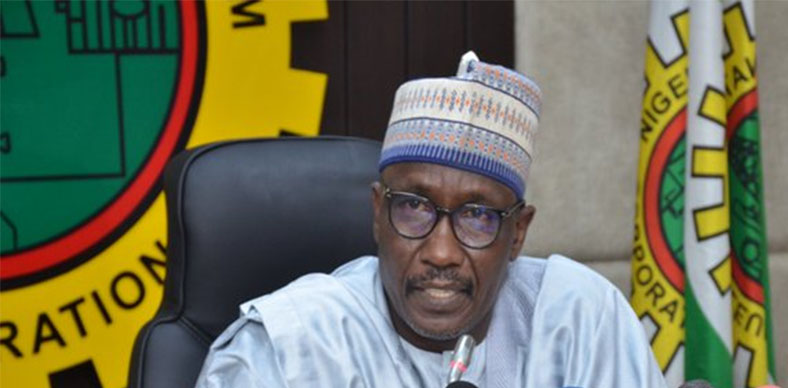



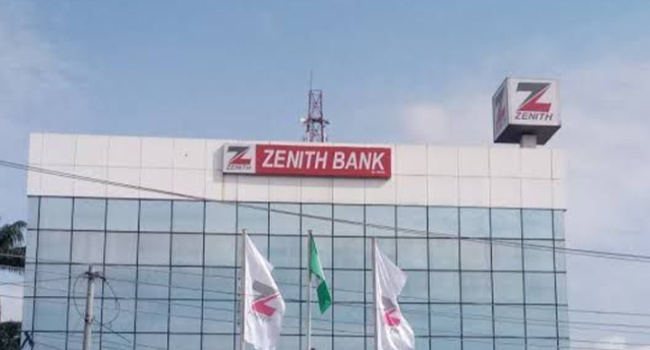

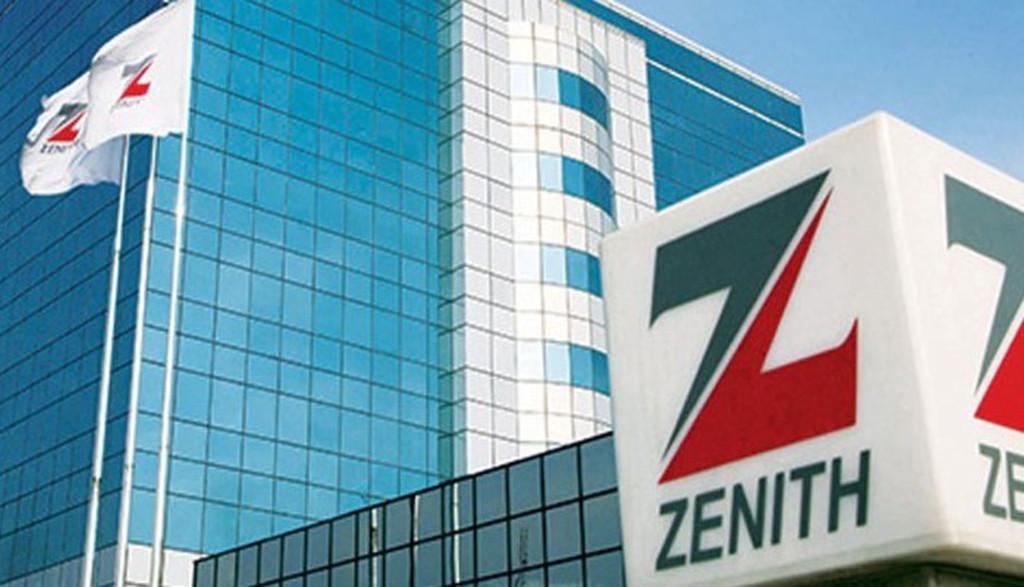







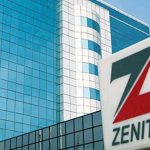

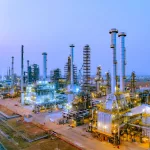
Follow Us